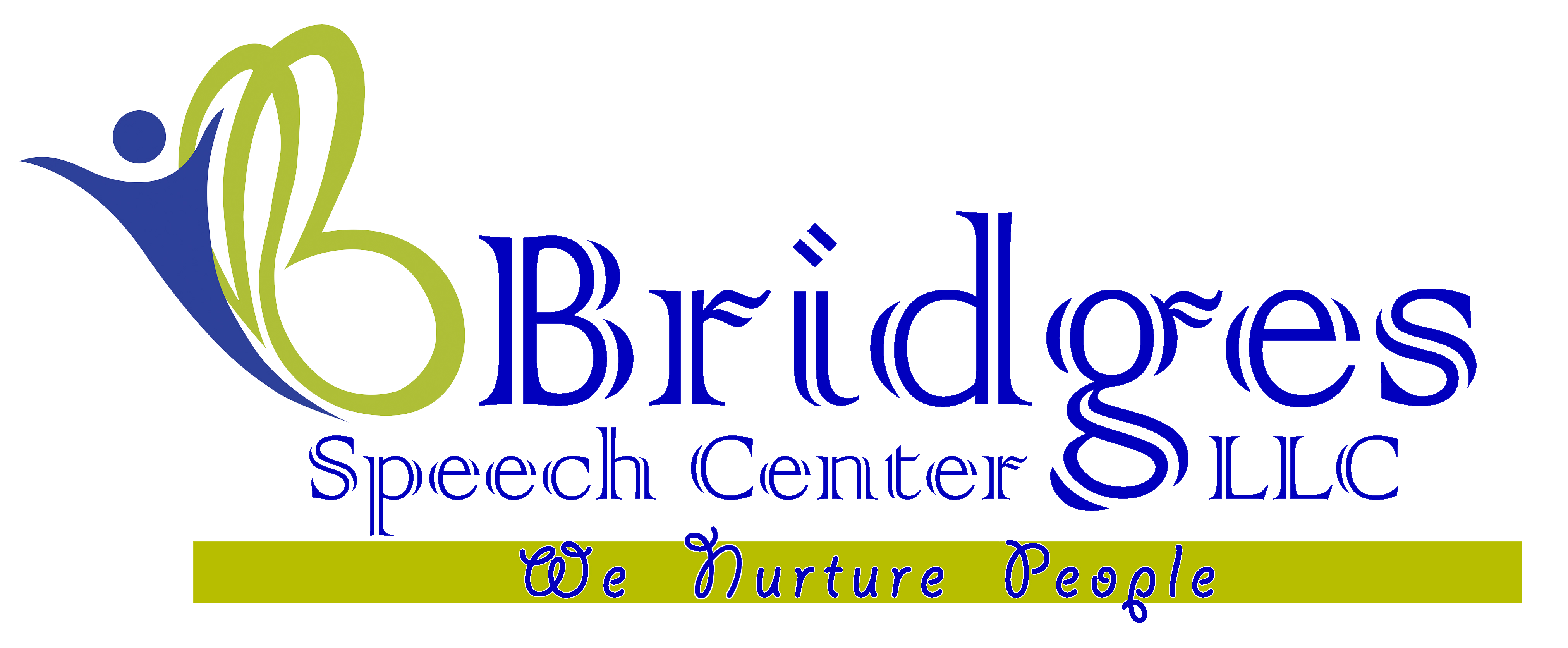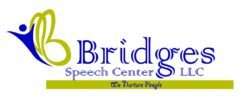- About Us
- Our Services
- Speech Therapy
- Speech and Language Therapies for Adults in Dubai
- Speech and Language Therapies for Children in Dubai
- Accent therapy
- Augmentative Alternative Communication (AAC) Therapy
- Articulation Speech Therapy
- Auditory Processing therapy/ Auditory verbal therapy
- Language Intervention: Speech Delay therapy
- Oral Motor Therapy
- Play Based therapy
- PROMPT/DTTC/RePT for Childhood Apraxia of Speech
- Social communication/Pragmatic language therapy
- Stuttering / Stammering therapy Program
- Spellography Program for Dyslexia
- Voice Therapy
- Home Care Services
- Feeding Therapy
- Physiotherapy
- Pediatric and Geriatric Physiotherapy
- Fall Prevention Programs for the Elderly
- Developmental Delay Treatment for Children
- Cerebral Palsy Management for Children
- Pediatric Orthopedic Conditions
- Osteoporosis Management for the Elderly
- Sports Injuries in Children
- Mobility and Balance Training for Elderly
- Joint Pain Treatment (Knee, Shoulder, Hip)
- Age-Specific Exercise Programs
- Coordination and Balance Exercises
- Orthopedic Physiotherapy
- Neurological Physiotherapy
- Sports Physiotherapy
- Cardiopulmonary Physiotherapy
- Women’s Health Physiotherapy
- Manual Therapy
- Therapeutic Exercise
- Pain Management
- Electrotherapy
- Ergonomic Consultation
- Tele-Physiotherapy Services
- Pediatric and Geriatric Physiotherapy
- Occupational Therapy
- Sensory Integration
- Clinical Psychology & Psychotherapy
- Cognitive Behavioral Therapy(CBT)
- ABA /Behavior Therapy
- Bridge Learning Program
- Group therapy
- Summer/Winter Program
- Telehealth Services
- Training Program/CEU
- Internship/ Observership
- Speech Therapy
- Super Team
- Collaboration
- Training Course
- News/Blogs
- About Us
- Our Services
- Speech Therapy
- Speech and Language Therapies for Adults in Dubai
- Speech and Language Therapies for Children in Dubai
- Accent therapy
- Augmentative Alternative Communication (AAC) Therapy
- Articulation Speech Therapy
- Auditory Processing therapy/ Auditory verbal therapy
- Language Intervention: Speech Delay therapy
- Oral Motor Therapy
- Play Based therapy
- PROMPT/DTTC/RePT for Childhood Apraxia of Speech
- Social communication/Pragmatic language therapy
- Stuttering / Stammering therapy Program
- Spellography Program for Dyslexia
- Voice Therapy
- Home Care Services
- Feeding Therapy
- Physiotherapy
- Pediatric and Geriatric Physiotherapy
- Fall Prevention Programs for the Elderly
- Developmental Delay Treatment for Children
- Cerebral Palsy Management for Children
- Pediatric Orthopedic Conditions
- Osteoporosis Management for the Elderly
- Sports Injuries in Children
- Mobility and Balance Training for Elderly
- Joint Pain Treatment (Knee, Shoulder, Hip)
- Age-Specific Exercise Programs
- Coordination and Balance Exercises
- Orthopedic Physiotherapy
- Neurological Physiotherapy
- Sports Physiotherapy
- Cardiopulmonary Physiotherapy
- Women’s Health Physiotherapy
- Manual Therapy
- Therapeutic Exercise
- Pain Management
- Electrotherapy
- Ergonomic Consultation
- Tele-Physiotherapy Services
- Pediatric and Geriatric Physiotherapy
- Occupational Therapy
- Sensory Integration
- Clinical Psychology & Psychotherapy
- Cognitive Behavioral Therapy(CBT)
- ABA /Behavior Therapy
- Bridge Learning Program
- Group therapy
- Summer/Winter Program
- Telehealth Services
- Training Program/CEU
- Internship/ Observership
- Speech Therapy
- Super Team
- Collaboration
- Training Course
- News/Blogs
Table of Contents
ToggleOccupational Therapy for Adults: Regaining Independence and Quality of Life
Occupational Therapy (OT) plays a crucial role in helping adults regain their independence and improve their quality of life, especially after experiencing injury or illness. This specialized therapy focuses on assisting individuals in developing, recovering, or maintaining the skills necessary for daily living and working. Whether recovering from a stroke, injury, or chronic illness, OT can make a significant difference in enhancing an individual’s ability to perform everyday tasks.
The Essence of Occupational Therapy
Occupational Therapy is designed to help individuals achieve their personal goals and enhance their ability to perform activities that are meaningful and necessary in their daily lives. This could involve helping a person return to work, manage household chores, or engage in hobbies and social activities that bring them joy.
How Occupational Therapy Supports Adults After Injury or Illness
- Rehabilitation of Daily Living Skills: After an injury or illness, basic tasks like dressing, cooking, and bathing can become challenging. OT focuses on improving these daily living skills by breaking tasks into manageable steps, teaching adaptive techniques, and using assistive devices when needed. This enables individuals to regain their independence and perform daily activities with greater ease.
- Physical and Cognitive Rehabilitation: Depending on the nature of the injury or illness, OT may involve physical exercises to improve strength, flexibility, and coordination. For those who experience cognitive impairments, such as memory loss or difficulty with problem-solving, OT includes strategies and exercises to enhance cognitive function and everyday problem-solving skills.
- Adaptation and Modification: Occupational therapists assess the home and work environments to identify potential barriers to independence. They then recommend modifications or adaptations, such as installing grab bars in the bathroom, adjusting furniture for easier access, or using adaptive tools, to make daily tasks more manageable and safer.
- Pain Management and Energy Conservation: For adults dealing with chronic pain or fatigue, OT provides techniques for pain management and energy conservation. This includes teaching strategies to manage pain effectively, pace activities, and reduce physical strain, helping individuals maintain their participation in daily activities without exacerbating their condition.
- Emotional and Psychological Support: Recovery from injury or illness often involves emotional and psychological challenges. OT addresses these aspects by providing support and encouragement, helping individuals set realistic goals, and developing coping strategies to manage stress and anxiety related to their condition.
- Reintegration into the Community: For many individuals, returning to social and community activities is an important aspect of recovery. Occupational therapists work with clients to plan and implement strategies for reintegrating into community life, including returning to work, participating in social activities, or engaging in leisure pursuits.
Local Occupational Therapy Services
For adults in the UAE seeking occupational therapy, several local services offer specialized support to aid in recovery and enhance daily living skills:
- Bridges Speech Center: This center provides comprehensive occupational therapy services tailored to meet individual needs. Their team of skilled therapists works closely with clients to develop personalized treatment plans that focus on improving daily living skills and promoting independence.
- Rehabilitation Center of Excellence: Known for its holistic approach, this center offers occupational therapy as part of its extensive rehabilitation services. Their therapists are experienced in working with adults recovering from various conditions and provide targeted interventions to support skill development and independence.
- Therapy and Wellness Clinic: This clinic offers specialized occupational therapy services to help adults regain their independence after injury or illness. Their team of professionals focuses on enhancing daily living skills, pain management, and overall quality of life through individualized therapy programs.
4. Aquatic Therapy
Aquatic therapy, or hydrotherapy, uses the properties of water to support and enhance traditional therapeutic exercises. The buoyancy, resistance, and soothing nature of water make it an excellent medium for therapy.
Benefits:
- Reduced Pressure: Water reduces the impact on joints and muscles, making exercises easier and less painful.
- Increased Mobility: The resistance of water helps build strength and improve movement control.
- Relaxation: The calming effect of water can reduce anxiety and promote relaxation, making therapy sessions more enjoyable.
5. Animal-Assisted Therapy
Animal-assisted therapy incorporates interactions with animals, such as dogs or horses, into the therapeutic process. This approach has been shown to motivate children and provide emotional support.
Benefits:
- Emotional Support: Interactions with animals can reduce stress and provide comfort.
- Motivation: Animals can motivate children to participate in activities and achieve therapeutic goals.
Social Skills: Caring for and interacting with animals encourages socialization and empathy.
6. Parent Involvement and Education
Involving parents in the therapeutic process is crucial for the success of pediatric occupational therapy. Educating parents on how to support their child’s development at home ensures that therapy continues beyond the sessions.
Benefits:
- Consistent Support: Parents can reinforce therapeutic activities and strategies at home, providing continuous support.
- Empowerment: Educated parents feel more confident in managing their child’s needs and advocating for their development.
- Stronger Bond: Collaborative efforts between therapists and parents strengthen the parent-child relationship.
Conclusion
Occupational Therapy is a vital resource for adults seeking to regain their independence and improve their quality of life after injury or illness. By focusing on daily living skills, physical and cognitive rehabilitation, and environmental adaptations, OT empowers individuals to overcome challenges and achieve their personal goals. For those in the UAE, local services like Bridges Speech Center, Rehabilitation Center of Excellence, and Therapy and Wellness Clinic provide valuable support and expertise in the journey towards enhanced independence and well-being.
If you or a loved one is in need of occupational therapy, reaching out to these centers can provide the guidance and support necessary for a successful recovery and improved quality of life.
To see a specialist, please contact us at +971-505226054 or fill out the form to book an appointment with Occupational Therapist in Dubai.



Recent Posts
Have Any Question?
If you would like to register for any of our services or upcoming training programs, contact us…

